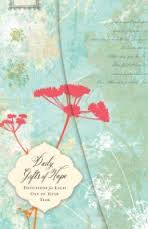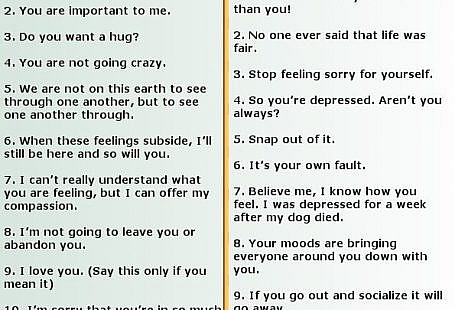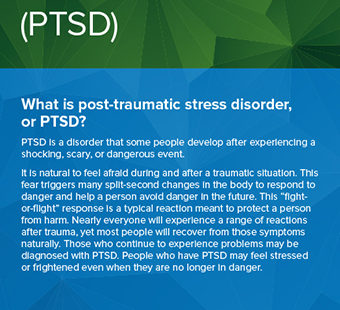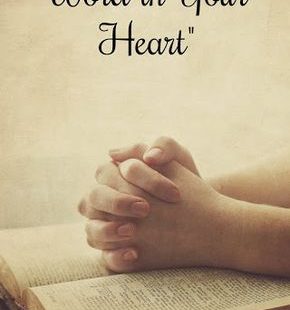When breast cancer survivors journal to cope with chemotherapy, they experience an increase in health and wellness. Here’s what researchers found when breast cancer survivors wrote about their deepest fears and the benefits of a breast cancer diagnosis, plus tips for journaling.

Journaling for Breast Cancer Survivors
A Paperblanks Hardcover Sketch Journal will be my next journal – my current journal is the Great Artists Sketchpad (at the end of this article). It’s unlined, which I love because I can doodle when I don’t feel like journaling. I’m not an artist – I wish I was! – and I owned my sketch journal for several years before I could bring myself to use it. I love the freedom it gives me to be expressive and creative. I’m not sure I could go back to a lined paper journal now. If you’re a breast cancer survivor who wants to color outside the lines, get a sketchbook that doubles as a journal.
If I knew then what I know now, I would’ve given my friend Galiana a journal when she was going through chemotherapy for breast cancer. And, this would be the number one gift idea for mastectomy patients because journaling is such a healthy way to cope with cancer.
First, I want to share a few tips for journaling for survivors of breast cancer. I’m a writer who journals every day, and it increases my creativity, authenticity, and connection to both myself and God. Then I’ll summarize the most recent research that shows how journaling helps breast cancer survivors.
Journaling Tips
Remember why you are journaling. Breast cancer survivors who write about emotionally difficult events for just 20 to 30 minutes at a time over three or four days experience an increase in immune function, according to previous research on journaling and cancer. The emotional and spiritual release offered by writing has a direct impact on a breast cancer survivors’ capacity to withstand stress and fight off infection and disease.
Learn the difference between expressive writing and journaling. From this research study on how journaling helps breast cancer survivors, I learned that there is actually a huge difference between journaling and expressive writing. “The key to developing an expressive writing intervention is the writing instruction,” said Qian Lu, assistant professor and director of the Culture and Health Research Center at the University of Houston. “Otherwise, writing is just like a journal recording facts and events. Writing a journal can be therapeutic…” For me, journaling used to be a simple record of what happened today or some years ago. Expressive writing, on the other hand, is about writing specifically about difficult emotions, experiences, and thoughts. Expressive writing is harder, which is why it’s healthier.
Set aside time to journal. A weakness with the idea of journaling for breast cancer survivors is the time it takes to journal! If you’re not a natural writer, taking time to journal might be difficult. If you’ve been avoiding your emotions or thoughts since you were diagnosed with breast cancer, then journaling will be emotionally painful. The thing with emotional pain is that it’s a double-edged sword – sometimes the deepest emotional pain brings the greatest healing. I encourage you to set aside 15 minutes a day to journal your thoughts and experience as a breast cancer survivor. If you don’t feel different after a month, then stop journaling. But give it a month, at least.

Daily Devotional Journal
Consider a journal devotional. The Daily Gifts of Hope: Devotions for Each Day of Your Year will give you a daily dose of hope, inspiration, and support. This journal for breast cancer survivors is especially lovely because it doesn’t “make” you figure out what you want to write about.
Turn your pain, frustration, fear, and disappointment into prayer. Recently, I started praying in my journal instead of simply writing my thoughts and feelings. I’ve found that it’s opened a floodgate of emotion, because I dig deep into the bottom of my soul and share my authentic feelings. This allows me to experience and process my emotions, which clears my mind, heart and soul. This is how journaling can help breast cancer survivors – the act of expressive writing can help release pent-up emotions that keep us blocked and unhealthy.
If you’re learning about journaling for a friend or family member who is a breast cancer survivor, you might like to read 5 Ways to Help a Friend With Breast Cancer.
How Journaling Helps Breast Cancer Survivors
While the breast cancer survivors in this study were Asian-American, I believe that the results can be extrapolated to survivors of other cultures and nationalities. Asian-American breast cancer survivors were the focus of this research because they are understudied. Further, they tend to feel stigma and shame associated with cancer. Their cultural beliefs motivate Asian-American breast cancer survivors to bear the burden alone to avoid disrupting harmony, and they suppressing emotions. Journaling in this research study focused on the effects of expressive writing for breast cancer survivors.
Journaling helps breast cancer survivors cope with post-traumatic stress disorder. “Cancer patients, like war veterans in Iraq, can experience post-traumatic stress symptoms. Many times when cancer patients get diagnosed, they face lots of emotional trauma. There’s a sense of loss, depression, anxiety about going into treatment and how they are going to face the future,” says Lu. “They have a lot of emotional events going on in their life.”
If you haven’t associated breast cancer with post-traumatic stress disorder, read PTSD Symptoms and Treatments.
The health benefits of journaling for breast cancer survivors include a decrease of fatigue, intrusive thoughts, and reducing post-traumatic stress after three months. Lu also noted a decrease of fatigue, post traumatic stress, and the increase of quality of life and positive emotion after six months. “I found long-term physical and psychological health benefits when research participants wrote about their deepest fears and the benefits of a breast cancer diagnosis,” she says.

Laurie’s journal
This is my Great Artists Journal/Sketchpad, in which I also include inspirational photos, cards from friends, and various lovely photos and images. I included my sketchpad journal at the top of this article, but you might want something simpler. I’ve journaled in everything from school notebooks to what I’m currently using: an artist’s sketch book. Sometimes we get intimidated by beautiful, expensive journals – and this intimidation can stop us from journaling! If you’re a reluctant writer, get a pretty journal that you WANT to write in.
By the way, I bought this journal when I was in Toronto with my Big Sister of Big Sisters/Big Brothers organization. We were matched when I was 11 (almost 44 years ago!), and so this journal/sketchbook is especially meaningful to me. And that’s another journaling tip for breast cancer survivors: find a journal that speaks to your heart.
What do you think of journaling and breast cancer survivors? Please feel free to comment below.
Source of the research information on how journaling helps breast cancer survivors: Expressive Writing May Help Breast Cancer Survivors, a press release from the University of Houston website.




